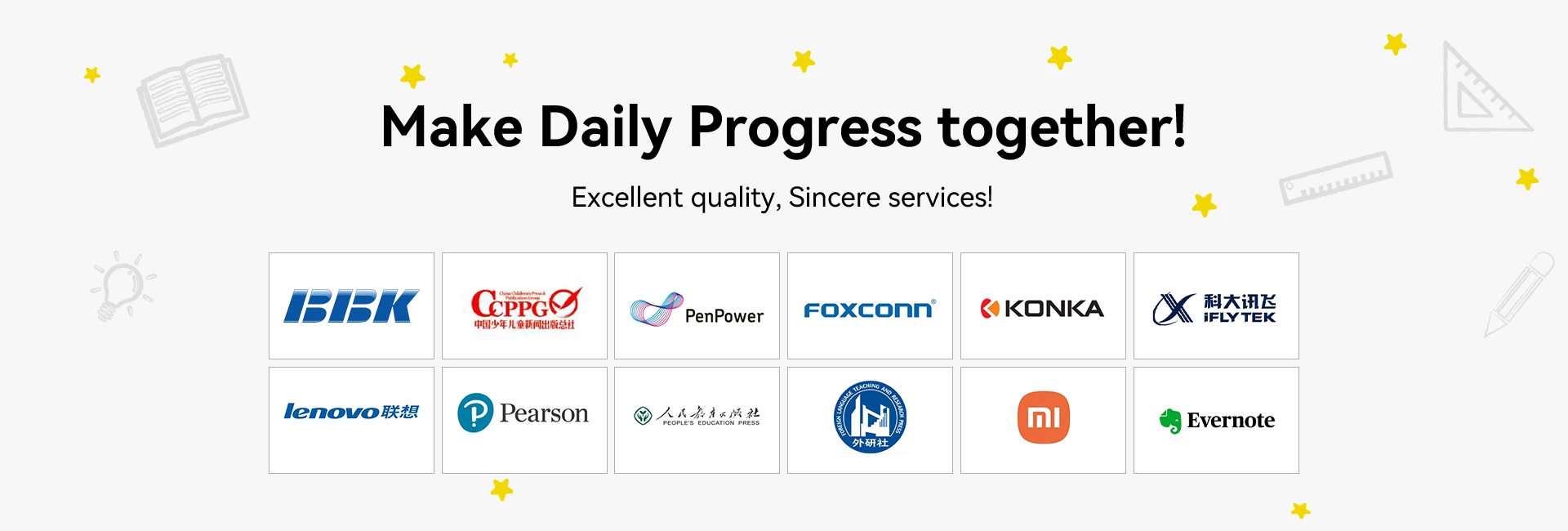1. Different degrees of portability
Tablets are often lighter and smaller than laptops, making them ideal for people who are constantly on the go and need something that can easily fit in a backpack. Tablets also have longer battery life, with some tablets lasting 10 hours or more on a single charge. That's why today's young people are also choosing to use tablets to watch a movie or take notes.

2. The weight is different.
Laptops weigh more than tablets. Tablet PC's weight is basically not more than 1 kg, 10-inch tablet PC between 600 grams to 900 grams, and 7-inch tablet PC in about 400 grams, more lightweight. And notebooks are rarely less than 1 kilogram, even if it is thin and light, but also basically in 1 kilogram or so.
3. Different screen sizes .
Laptop screen size is generally larger than the tablet computer. Tablet PC normal 7-10 inch screen, Apple IPAD commonly used size of 7.9 and 9.7 inches.

4.Operating systems and software.
Laptops often run full versions of operating systems like Windows or MacOS that can easily run desktop applications. Tablets tend to use mobile operating systems such as iOS or Android, which are optimized for touch-based interaction and often have a different set of apps and software that work well on small screens.
Overall, there are significant differences between tablets and laptops in terms of weight, portability, screen size, usage limitations, functionality, nature, design and input methods. Laptops are better suited for more demanding tasks, such as heavy graphic design or video editing, while tablets are better suited for activities that require a higher degree of mobility and portability, such as reading, web browsing, or light work tasks. Ultimately, the choice of which device to use ultimately depends on personal preference and which device best suits your needs.
Tablet and Laptop Recommendations





